Can I freeze some of my eggs when I donate?
This is a question we hear a lot from potential egg donors: "Can I keep some of my eggs for myself when I donate?" It’s a thoughtful and important question, and the answer depends on a few factors—including the clinic’s protocol and the agency you work with. At Futura, we’re all about clarity, so let’s walk through the ins and outs of how egg sharing works—and what it typically looks like in our program.
Understanding the Egg Retrieval Process
When you donate eggs, the process begins with a cycle of hormone medications designed to stimulate your ovaries. Instead of releasing one egg (as your body would naturally do each month), the medications help mature multiple eggs in a single cycle. After roughly 10-14 days of monitoring, you undergo a short, outpatient procedure to retrieve the eggs from your ovaries.
The number of eggs retrieved can vary based on your response to the medication. Some donors retrieve 10-15 eggs, while others may produce more or fewer. Every donor is different, and your coordinator will keep you informed throughout your cycle.
Can I Freeze Some for Myself?
In theory, yes—egg sharing is possible in some cases. But in practice, it depends on the clinic and the agreement made at the start of your cycle. Most egg donation programs—including Futura—work with intended parents who purchase an entire egg retrieval cycle, meaning they receive all the eggs retrieved from that donation.
That’s because our intended parents are planning their own IVF journey. They may need multiple embryos to build their family, and embryo creation depends on both egg and sperm quality. By purchasing a full cycle, they’re able to maximize their chances of success.
So, while some clinics may offer programs where donors can freeze a portion of their eggs for personal use—sometimes called an “egg sharing program”—this is not the model we currently use at Futura. Our program is focused on making the process straightforward and successful for both donors and intended parents.
What If I Want to Freeze My Eggs Later?
Great question—and the good news is: you can. If egg freezing is on your mind, we encourage you to talk to your coordinator at Futura. Many of our donors go on to freeze their eggs later using the same fertility knowledge they gained through the donation process.
In fact, we see egg donation as a powerful entry point into reproductive awareness. You’ll learn about your AMH levels, your ovarian reserve, and your reproductive health—all valuable information when planning your future.
Can I Donate Again Later?
Absolutely. Many of our donors complete more than one cycle. And if you’re planning to freeze your eggs, we can work with you to coordinate that in the future (though not simultaneously with a donation).
If you’ve already donated and want to prioritize your own family planning, we’re here to help guide you through that process. Our team can help you find a clinic for egg freezing and walk you through what to expect.
Transparency Is Key
At Futura, we know this process is about more than just logistics. It’s about your body, your health, and your future. That’s why we make sure every donor is fully informed about what their cycle includes—and what it doesn’t.
When you donate with us, you’ll always know how many eggs were retrieved, how many went to the intended parents, and how your body responded to the cycle. You’ll be cared for every step of the way.
The Bottom Line
While you won’t be able to keep or freeze eggs during a Futura donation cycle (because our intended parents purchase the entire batch), that doesn’t mean egg freezing is off the table for you. We’re proud to support many donors who later choose to freeze their eggs—empowered by everything they learned through the donation experience.
Still have questions? We’d love to talk. Reach out anytime, and let’s start your journey with Futura.

